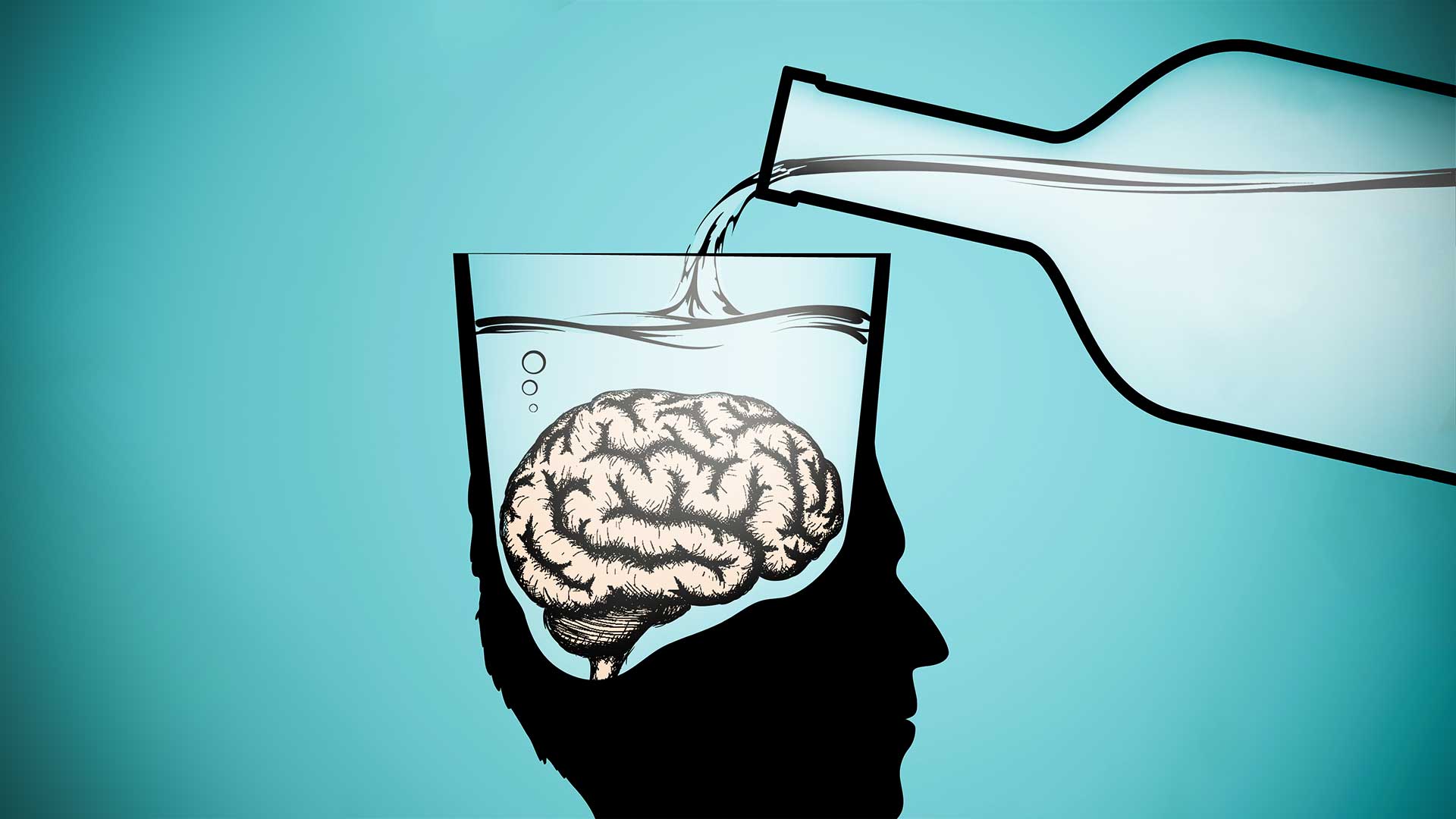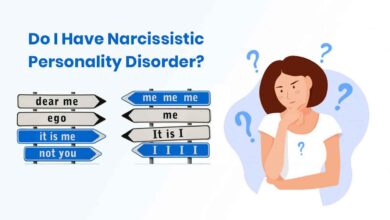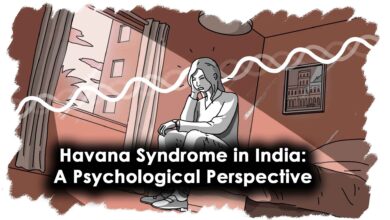Mental and behavioral disorders due to the use of alcohol


Refer to a range of conditions that are directly caused by alcohol abuse or dependence.
Excessive and prolonged alcohol consumption can have profound effects on mental health and behavior, leading to various disorders. Here’s an overview of mental and behavioral disorders associated with alcohol use:
Alcohol Intoxication:
Alcohol intoxication refers to the acute effects of alcohol consumption on cognition, mood, behavior, and physical functioning. Symptoms of alcohol intoxication can include impaired judgment, slurred speech, lack of coordination, slowed reaction time, disinhibition, and mood changes. In severe cases, alcohol intoxication can lead to alcohol poisoning, which is a life-threatening condition.
Alcohol Withdrawal Syndrome:
Alcohol withdrawal syndrome occurs when individuals who have been regularly consuming alcohol suddenly stop or significantly reduce their alcohol intake. Withdrawal symptoms typically start within hours to a few days after the last drink and can range from mild to severe. Symptoms may include tremors, anxiety, restlessness, nausea, sweating, insomnia, hallucinations, seizures, and delirium tremens (a severe and potentially life-threatening withdrawal complication).
Alcohol-Induced Psychotic Disorder:
Alcohol-induced psychotic disorder refers to the presence of hallucinations, delusions, or other psychotic symptoms that occur during or shortly after alcohol intoxication or withdrawal. These symptoms are not better explained by a primary psychotic disorder (such as schizophrenia) and are directly attributed to the effects of alcohol.
Alcohol-Induced Depressive, Bipolar, or Anxiety Disorders:
Prolonged and heavy alcohol use can contribute to the development of depressive, bipolar, or anxiety disorders. These conditions may occur as a direct result of the neurochemical and physiological effects of alcohol on the brain. Alcohol-induced depressive disorders can manifest as persistent sadness, loss of interest, feelings of guilt, and changes in sleep and appetite. Bipolar and anxiety disorders induced by alcohol may involve mood swings, agitation, panic attacks, and excessive worry.
Alcohol-Induced Sleep Disorders:
Alcohol disrupts normal sleep patterns and can lead to various sleep disorders, such as insomnia, fragmented sleep, sleep apnea, or sleepwalking. These sleep disturbances can further exacerbate mental health issues and contribute to daytime fatigue and impaired cognitive functioning.
Treatment and Management:
The treatment and management of mental and behavioral disorders due to alcohol use often involve a comprehensive approach that includes:
- Detoxification and Withdrawal Management: Medically supervised detoxification can help individuals safely manage alcohol withdrawal symptoms. Medications may be used to ease withdrawal discomfort and prevent complications.
- Rehabilitation and Counseling: Treatment programs, including inpatient or outpatient rehabilitation, individual and group therapy, cognitive-behavioral therapy (CBT), and counseling, can help individuals address their alcohol use disorder and associated mental health issues.
- Medications: Certain medications, such as benzodiazepines and anti-anxiety medications, may be used during the detoxification phase or for the management of co-occurring mental health conditions.
- Supportive Care and Aftercare: Ongoing support through support groups (such as Alcoholics Anonymous), counseling, and lifestyle modifications can be crucial in maintaining sobriety and managing mental health symptoms.
It’s important for individuals experiencing mental and behavioral disorders related to alcohol use to seek professional help from healthcare providers or addiction specialists. With proper diagnosis, treatment, and ongoing support, recovery and improvement in mental health and overall well-being are possible.







